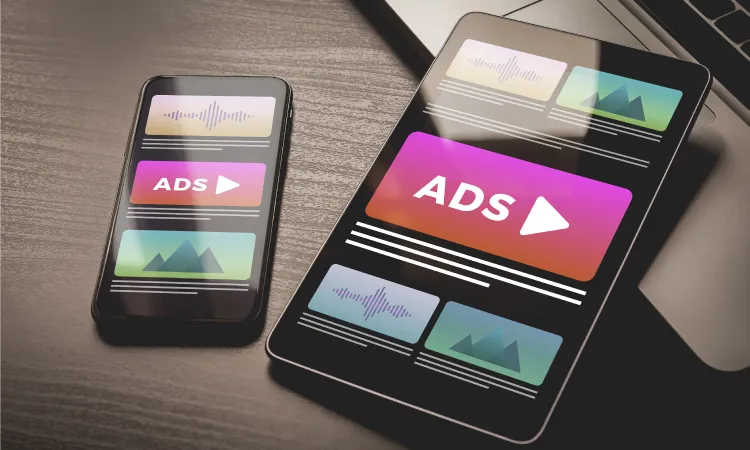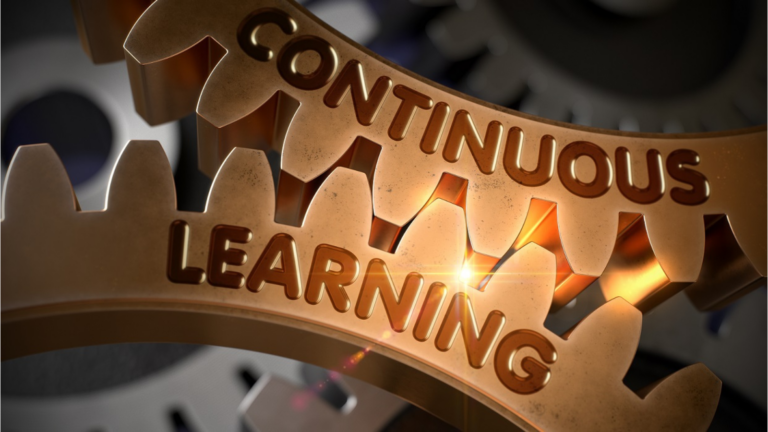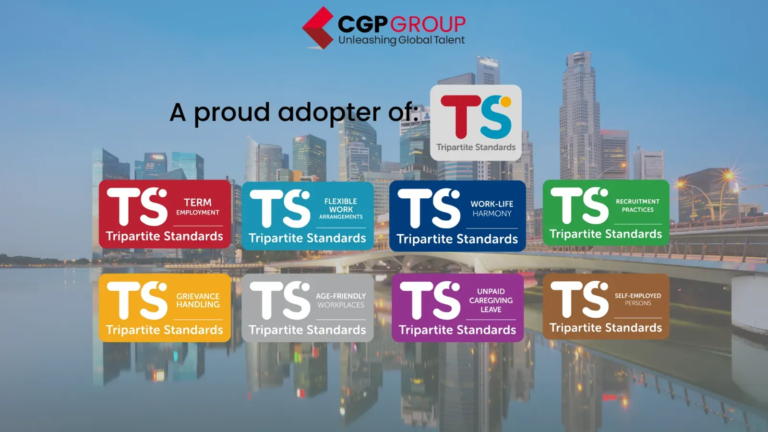Marketing is a skill that has been around for centuries. It is the process of promoting products or services to consumers, usually through advertising. It has evolved over the years to include new digital channels, such as social media and search engine optimization. The rise of digital marketing has shifted the way marketers do their jobs, relying less on traditional techniques in favour of digital ones.
Digital marketers are also able to track analytics data, allowing them to measure the success of their campaigns more accurately than traditional marketers. The digital era has changed the way we do business and how we interact with each other. The world has become more connected than ever before and it is important for businesses to be able to communicate with their customers in this new way.
Traditional Marketing vs Digital Marketing: What are the differences?
Before we dive into the advantages and disadvantages of each marketing aspect, it’s important to understand the difference between them. With the prominence of digital marketing, the lines between traditional and digital have become blurred, and not all of us may be familiar with the differences between the two. The similarities between digital marketing and traditional marketing are that they both have the same goal of helping a company or product to reach more customers.
Traditional Marketing
Traditional marketing is a form of marketing that relies on the use of mass media, direct mail, telemarketing, and other forms of advertising. It can also be defined as any marketing that uses techniques that are not digital – whenever you see an advertisement in a newspaper, receive a flyer in the mail, or answer a telemarketing call, you are witnessing traditional marketing. As the name suggests, traditional marketing has been around for a while and has certainly been effective in some areas.
Digital Marketing
Digital marketing is a form of marketing that relies heavily on the use of digital technologies such as websites, social networks and mobile devices to market goods or services. Digital marketing is becoming more prevalent because it provides an easy way for companies to reach their customers with targeted messages. Furthermore, it allows companies to track consumer’s online behaviour. This data can be used to create a more personalised experience for the user, as well as tailored marketing messages to suit their needs.
2 Key Reasons Why Digitising your Traditional Marketing Skills Can Boost your Career
In the past, marketing was a lot simpler. You could send out a press release or write an ad and it would be published in a newspaper or on a billboard. These days, it’s not that easy. A lot of companies are moving to digital marketing because they can reach their audience more efficiently and effectively with social media sites like LinkedIn, Facebook, Instagram and Twitter.
Both digital and traditional marketing have their own benefits. For example, digital marketing is cheaper and has a wider reach, especially with tech-savvy audiences. Traditional marketing, on the other hand, can be more expensive with a smaller reach, but it is still better for reaching an audience less likely to use devices.
What does this mean for you? If you want to stay relevant in the world of marketing, you need to learn how to do digital marketing as well as the traditional stuff.
And if you want to take your career even further, you might want to consider learning how to do some coding so that you can create websites from scratch. Here are two key things traditional marketers need to think about as you consider stepping into the digital world:
-
Your Target Audience is Shifting to the Digital Space
People are now more likely to use social media to find information about products instead of traditional media channels like TV or radio. As a result, traditional media and the marketing that goes with it is becoming less effective. Did you know that 81% of shoppers do research online before they make big purchases?
-
As Companies Move Online, Your Traditional Skillset is Less in Demand
With audiences increasingly relying on digital media, companies will be on the hunt for employees who are well versed in digital marketing. In fact, in 2019, the number of marketing jobs listed increased 40% from the year before alone. Statistics show that 51% of consumers find new companies online using their smartphones.
How to Adapt Your Traditional Marketing Skills to the Digital Sphere
Traditional marketing is still a thing and it will be for a while. However, with the rise of digital marketing, there are many benefits to learning more about the new channels available. In traditional marketing, you would have been using print media, TV ads, radio commercials and billboards to promote your product or service. Don’t think you have to throw out these skills; in reality, you just need to adapt them:
Step 1. Understand What’s Changed
The first thing we need to acknowledge is that the world of marketing has changed dramatically. The rise of social media, mobile and online shopping have made it a lot more difficult for businesses to reach their target audience. But that doesn’t mean you can’t use these new platforms to promote your business.
You need to do your research and/or take some courses to introduce you to the multitude of digital channels and platforms that are available nowadays. Once you start, you’ll find that there are a lot of your traditional marketing skills that overlap with the digital sphere, you just have to know where to start.
Step 2. Update Your Understanding
As traditional marketers, it’s important to stay up-to-date on what’s happening in the digital world. You also have to understand how these digital channels will help you reach your audience effectively. If you’re looking to make the most of the Internet, you need to know how to market your product digitally. This means using things like social media, email marketing, search engine optimization, and that’s where we need to start with the adaptation of your skills.
To get the most of the new technology, you might want to look into taking some digital marketing courses. There are several places online where you can find a good foundation for your foray into digital marketing, like Hubspot Academy, Udemy and edX.
Step 3. Find Your Niche
Have a look at your traditional marketing specialties. In a lot of ways, digital marketing draws on traditional techniques – the medium may have changed, but the thought behind the methodology is very much the same. As a traditional marketer, it’s likely that you had a specialty, or something you enjoyed most. The trick now is to find a digital niche that can draw on your strengths. The digital marketing sector is full of different kinds of things that you can try your hand at: digital advertising, content marketing, search engine optimization (SEO), web development, etc.
Step 4. Adapt Your Skills
Your traditional marketing skills will impact your digital ones, and since you’ve had a chance to get to know more about digital marketing you’ll have noticed where your traditional marketing skills can be best used. For example, if you excel at drafting advertisements for newspapers or other print media formats, your skills are likely best adapted to online advertising in the form of search engine marketing (SEM) or social media marketing (SMM).
In Summary: Where to start?
Traditional marketing may be a dying art but that doesn’t mean that your traditional marketing skills can’t be adapted to the digital sphere. Digital marketing is on the rise, and in the last decade it has risen to dominate the marketing sector. To boost your career and stay relevant in an ever-growing digital world, you can grow your skills, modifying your methodology to work in a digital environment.








